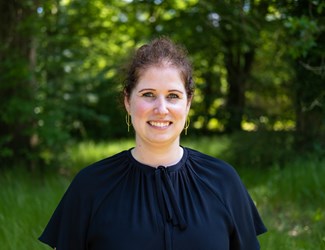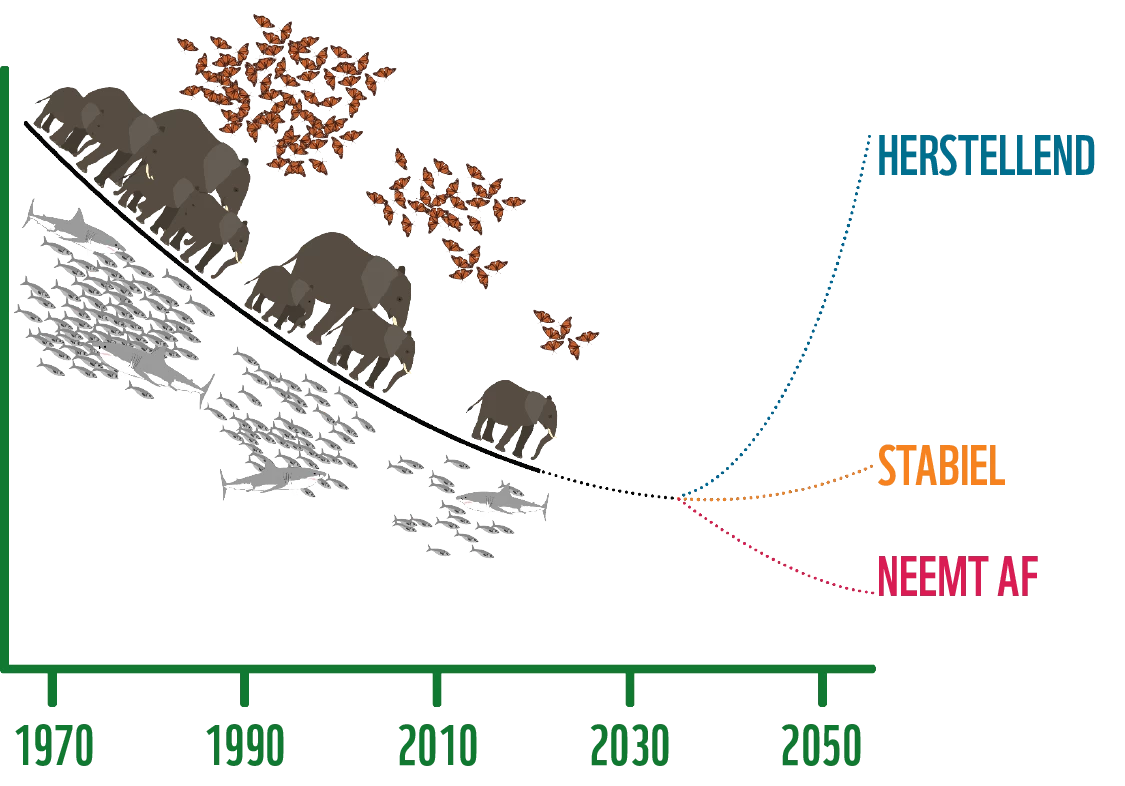Why the panda and Finance go hand in hand
The first 100 days in the Green Finance team of the World Wildlife Fund are over. I'm working on a relatively new topic within WWF. In the Green Finance team, the aim is to make the Dutch financial sector 'greener' and incorporate nature and biodiversity into all financial decisions. The question I have heard by far the most lately is 'What do you mean Finance at WWF? Aren't they all Rangers and are all about protecting the panda?'
Money makes the world go round
Yes that's right. But to truly protect the panda, it is not enough to just protect its immediate habitat. Loss of nature often has its origins elsewhere. For example, forests are cut down for agriculture or encroaching infrastructure. Our largely unsustainable production and consumption system is the cause. This is about companies, and companies are based on financial and economic principles. At the same time, half of the world economy is highly dependent on healthy nature, which is why finance is a spearhead for WWF: if we want to combat biodiversity loss and restore nature, we will also need to change the financial sector. And that applies to the Netherlands too.
It's my motivation to work as a Greening Finance Netherlands Lead at WWF: I firmly believe in the power of business to improve the climate and solve the biodiversity crisis, but it will only work if we see nature as an integral part of the economy.

The impact of the financial world on nature
A lot of attention but a lot of hesitation too
What makes me enthusiastic is that in the conversations and meetings I have had in recent months, I sensed that plenty of attention is being paid to biodiversity. It was, for example, high on the agenda of the stakeholder dialogue in the pension sector, it was mentioned in the VBDO benchmark as the most important upcoming theme and deserving of more attention, and there was a lot of interest from both companies and financials for our consultation for the newly launched Task Force for our Nature-related Financial Disclosures (TNFD) framework. But at the same time, I also sense a lot of hesitation among financial institutions: the subject is complicated, we have too little data, we are already so busy with the climate, and so on. It worries me because it could lead to unnecessary stagnation. And although they are legitimate comments, a lot is already known about where and in which sectors the highest risks and impacts are, and what companies and financial institutions can do today. The urgency to get started is great, and it can be done today: waiting is not an option.

Making production and consumption more sustainable is essential to turn biodiversity loss into recovery.
Local knowledge of global importance
What also strikes me is how extremely important the local dimension is when we talk about nature and biodiversity. We are not used to this from the climate discussion. The link between what we do and decide in the Netherlands and the rest of the world is very strong. This became very clear, for example, in a knowledge session that we organized for Robeco employees about the Amazon and Green Finance, in the context of the partnership we have with Robeco. Deforestation in the Amazon has strong links with financial institutions and companies, and also with Dutch parties such as pension funds. For example, decisions we make in the Netherlands have a major local impact elsewhere. The TNFD framework also emphasizes this, with 'Locate' as a first step in mapping the interaction of a company or financial institution with nature. And this is where the unique expertise of WWF and its global on-the-ground network comes into its own.
I want to work hard to encourage action, and to accelerate instead of slowing down. In my opinion, the key question is: How do I get started? As WWF, we have various events and resources on the agenda in the near future that can help with this. I would like to guide you through this in future blogs with the help of examples. So look out for more updates!
I am curious about your experiences: Is the above recognizable or not? If you would like to know more or have any questions, I would be happy to discuss it with you!
